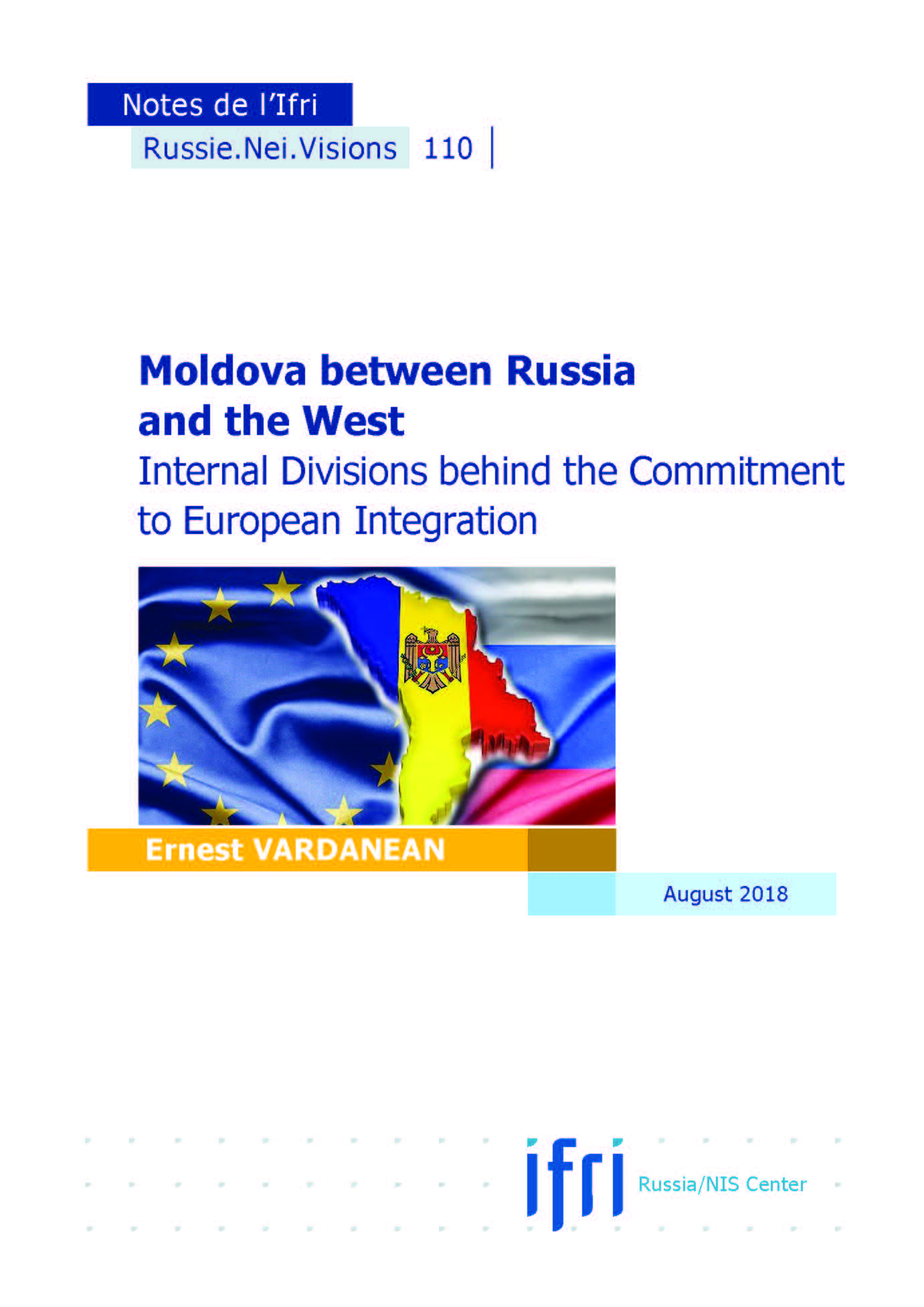Moldova between Russia and the West: Internal Divisions behind the Commitment to European Integration

The traditional characterisation of Moldova as a bridge between two civilisations, Russian Orthodox and the West, seems to have become outdated.
Moldova is an example of a society divided between different geopolitical preferences and the conflict over Transnistria continues to reinforce the perception of uncertainty about the country’s future. It is quite natural that the geopolitical stand-off between Russia and the West—which worsened after the start of the conflict in Ukraine and the war in Donbass and evolved into a broad-based confrontation—has become almost the main item on Moldova’s domestic and foreign policy agenda.
Ernest Vardanean is an independent analyst. He is a lecturer at Moldova State University and a columnist in the Romanian office of Radio Free Europe.
Download the full analysis
This page contains only a summary of our work. If you would like to have access to all the information from our research on the subject, you can download the full version in PDF format.
Moldova between Russia and the West: Internal Divisions behind the Commitment to European Integration
Related centers and programs
Discover our other research centers and programsFind out more
Discover all our analysesThe Caspian Sea as an Emerging Energy Hub : Potentials and Limitations
This report analyzes the prospects of the Caspian Sea region — and its key actors except for Russia and Iran — becoming an important energy hub serving the needs of the European Union (EU).
The European Union's Strategic Test in Georgia
The political crisis brewing in Georgia is of an existential nature for the country. What is at stake is Georgia's future as a democratic and sovereign European nation (EU).
Commanders of Putin's Long War: Purged, Reshuffled and Disgruntled
The trend of reshuffling the Russian top military command in the course of a fast-evolving and far from successful war has progressed unevenly both across the Armed Forces’ structures and in time. The rationale for and timing of the abrupt cadre decisions made by Commander-in-Chief Putin often defy logical explanation, and the rare official clarifications are no more informative than the usual information blackout.
Russian Military Manpower After Two and a Half Years of War in Ukraine
In addition to a military victory in Ukraine, the Russian leadership is planning to build up sizable troop formations for a possible conflict with NATO in the Baltic region and the Kola Peninsula. In particular, current plans aim for the military manpower to grow by about 350,000, reaching a total of 1.5 million soldiers and commanders. In the context of the current conflict in Ukraine, this cannot be accomplished without a new wave of mass mobilization.









